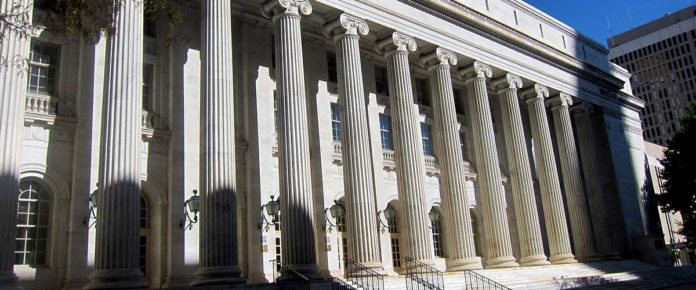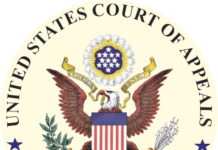A federal appeals court has upheld a lower-court ruling striking down a state law that critics said criminalized undercover investigations to expose substandard conditions at animal facilities, including factory farms and slaughterhouses.
The 10th Circuit U.S. Court of Appeals found that part of the so-called “ag-gag law,” which has been on the books since the 1990s, was unconstitutional because it violated the right to free speech.
The appeals court found unconstitutional parts of the law that were intended to keep undercover investigators off the property of animal facilities with the intent of exposing wrongdoing and inflicting harm on the facility.
The court, in a 2-1 ruling, found that three provisions of the law targeted speech, not merely conduct, because they control what can be said to gain access to animal agriculture facilities even if deception is used.
“The statute is not limited to false speech lacking constitutional protection,” the court found.
“Instead, it punishes entry with the intent to tell the truth on a matter of public concern.”
The appeals court’s decision was praised by the Animal Legal Defense Fund, which in 2018 brought the lawsuit challenging the law.
“Kansas has hindered the ability of whistleblowers to expose inhumane conditions associated with factory farms for more than three decades while infringing on First Amendment rights,” said Stephen Wells, executive director of the defense fund.
“The 10th Circuit’s decision is a victory for animals throughout the state who are forced into industrial animal agriculture and suffer in secret, behind closed doors,” Wells said in a statement.
Attorney General Derek Schmidt suggested in a statement that the legal battle may be headed to the U.S. Supreme Court since a federal appeals court for the 8th Circuit upheld a similar Iowa law.
The split between appellate districts can lead the U.S. Supreme Court to take the case so it can establish one legal precedent.
“Kansas enacted this law to add an additional layer of protection regarding unauthorized access to agricultural facilities, and to help improve security measures against those who seek to disrupt the food supply,” Schmidt said in a statement.
“Animal agriculture is vitally important to our state’s economic well-being. We are carefully reviewing the court’s disappointing decision and will determine next steps in the weeks ahead,” he said.
In its initial lawsuit, the Animal Legal Defense Fund said that undercover investigations have “revealed truthful information about shocking animal cruelty, unsafe food safety practices, environmental hazards, and inhumane working conditions, all of which are matters of great concern to the public.”
The group cited a 2015, USA Today story that declared Kansas to be the fifth most dangerous state for animals.
The group openly acknowledged that it had a “strong desire” to conduct undercover investigations at Kansas animal facilities so it could obtain “truthful information about illegal and unethical practices that it can disseminate to a broad public audience.”
Appeals Court Judge Harris Hartz dissented in the case, saying he believed it was fundamentally wrong for anyone to use deception to gain access to private property.
“Plaintiffs contend that an owner of property suffers no legally cognizable harm
when someone obtains consent to enter the property by deception,” he wrote.
“That contention is plainly wrong. The authority of the owner of property to control who can be on the property is a fundamental and ancient right,” he wrote.
“Entry into property, or remaining on the property, without the permission of the
owner is an invasion of the legal rights of the owner; such entry or remaining is a legally
cognizable harm to the owner—namely, trespass,” he wrote.
Hartz said the plaintiffs in the case were asking the court to “undermine established principles” by declaring that a property owner suffers no legal harm if someone obtains consent to enter the property through deception.
“They do not argue that the owner could not require the liar to leave the premises once the lie is discovered.
“Nor do they argue that the owner would have to admit someone who
told the truth and disclosed a purpose that the owner would find objectionable.
“But in their view, so long as the lie is undetected, the liar is not violating the legal rights of the owner by remaining on the premises.
















